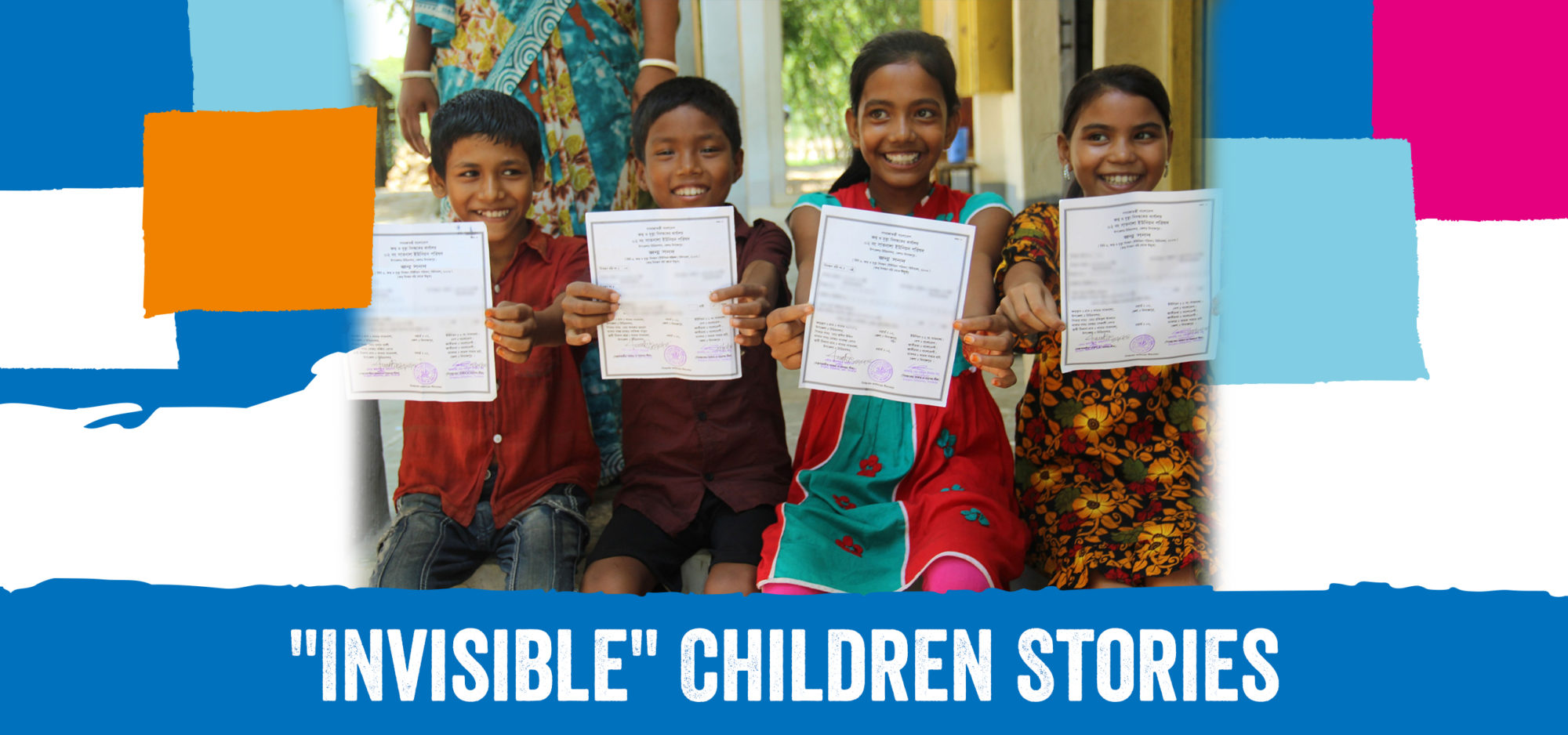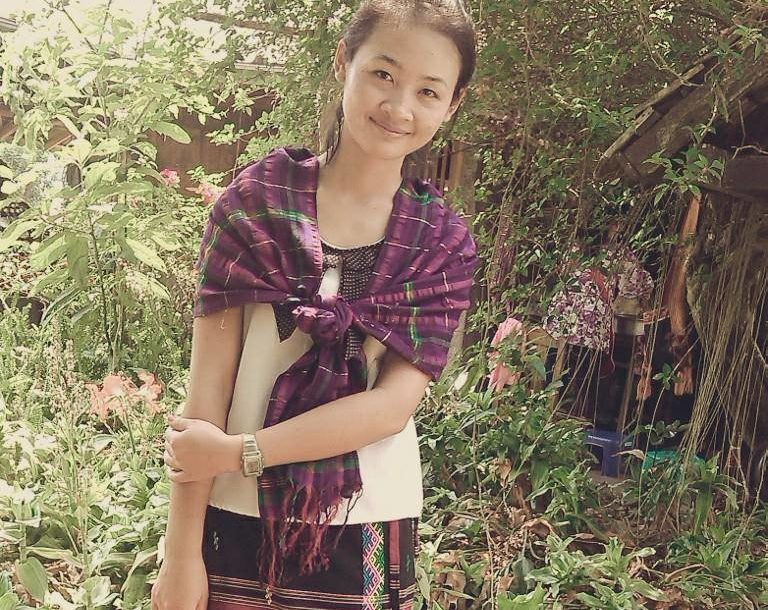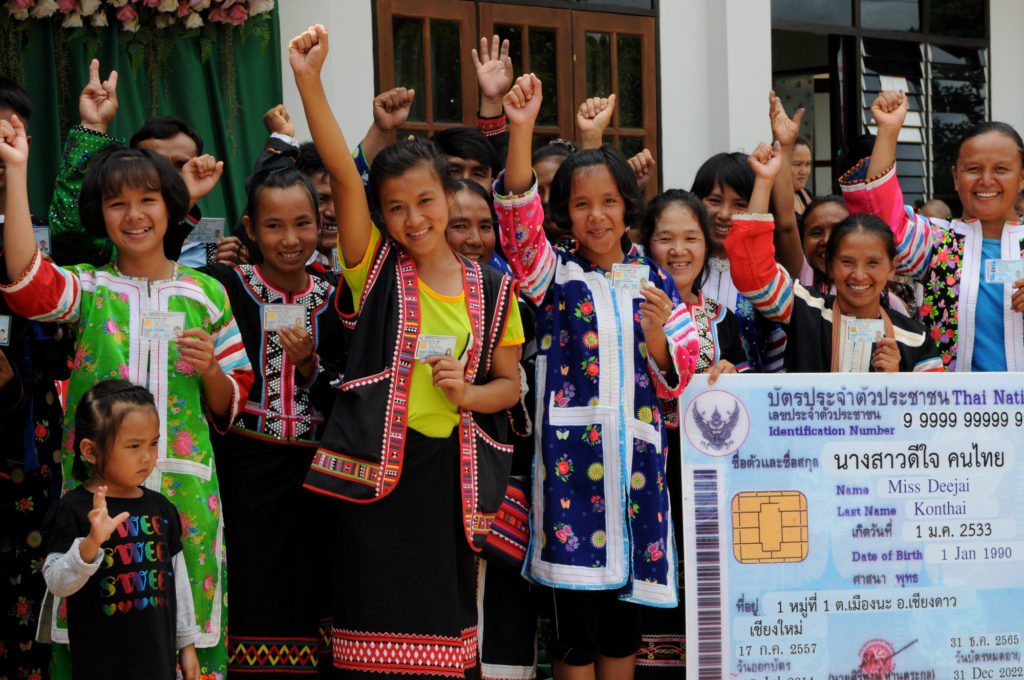- About us
- Our Work
- Child Sponsorship
- Girls Get Equal
- Donation
- Get Involved
- News

Fai – Stateless for Life

Striving for recognition
My name is Fai. I am from Thailand, the Land of Smiles, and I live in the furthest north of the country. Simply put, I have been stateless my whole life.
Back 23 years ago, my parents just were not aware of the need of registration for their children. One day when I was younger, one of our neighbours told my parents about the importance of registration.
However, my parents only earn a small daily wage and for the purpose of registration, we need to have a witness and collect other related documents and submit them all at the district office – a hundred kilometres away from the hilly areas where we live.
So getting this one document is not free in terms of related logistics costs, even though the registration itself costs less than a US dollar. Because of these difficulties, my father just gave up. All these years, I was not aware at all of my parents’ efforts.
So near, yet so far
When I was in grade 6, my teacher made me so happy when she announced that I got a scholarship. I could not be happier than this, but again, I couldn’t get it because I didn’t have a birth certificate, which was one of the required documents. I felt like there would be no future for me at all.
According to education laws here in Thailand, studying is free until grade 12 — and I did complete it. However, to study further, we have to rely on scholarships, otherwise it is impossible for someone stateless like myself.
I therefore had to force myself to stop studying and go to work to earn some money to support my family. My family is poor because we cannot own land, access banking services or travel freely to work.

Plan International helps the stateless children in Thailand remote areas to apply for citizenship and acquire their deserved right.
Tricky processes
It can take months or many years to apply for citizenship in Thailand. Living in the remote and mountainous areas, it’s hard for villagers to travel to the district and apply for citizenship. Villagers also have no knowledge or clear understanding of regulations and laws relating to citizenship and the application process.
Improving both the capacity of local organisations, community leaders and volunteers in terms of human rights laws relating to citizenship and the application process and government services, as well as raising public awareness of the importance of registration, will help solve the problem in the long term.